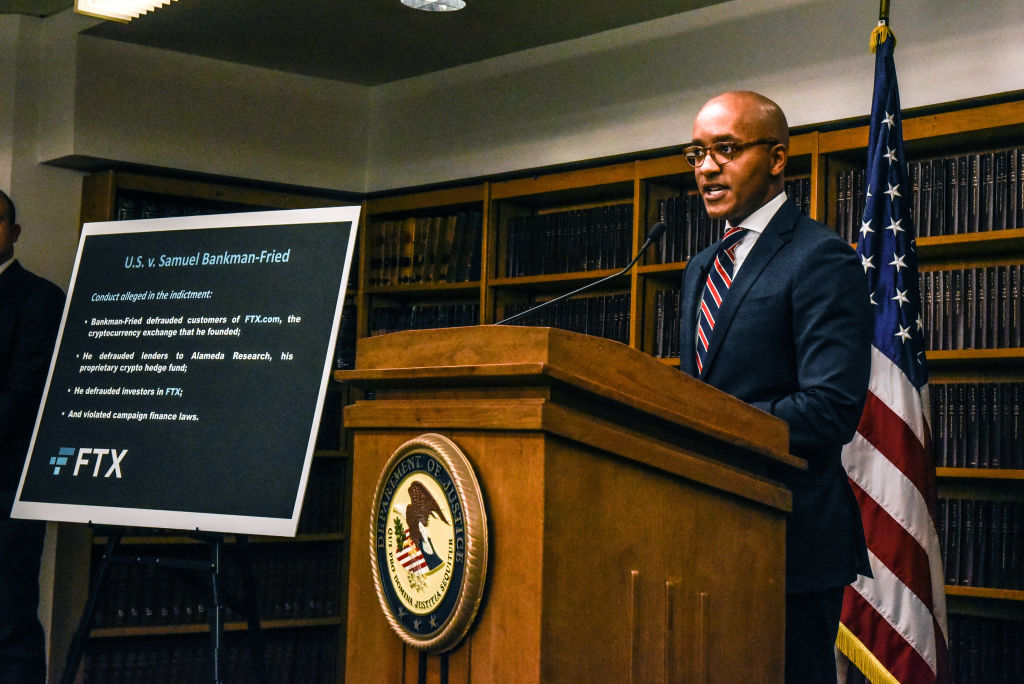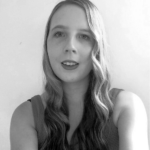The prosecution’s case is starting to draw to a close in the criminal trial of Sam Bankman-Fried, the founder and former CEO of collapsed crypto exchange FTX. The government’s remaining witnesses will take to the stand in six days time after a brief adjournment to the trial.
The defense, if they choose to do so, are expected to start presenting their case on the afternoon of Oct. 26, according to a live blog of the trial from court reporting organization Inner City Press. The defense has been weighing up whether to have Bankman-Fried testify based on, what they claim, is insufficient access to medication.
“If we put on a case, a week and a half max,” said Mark Cohen, Bankman-Fried’s defense lawyer, regarding scheduling earlier this week.
A flurry of expert witnesses have taken to the stand since the testimony of Nishad Singh, FTX’s former director of engineering and a member of Bankman-Fried’s inner circle, earlier this week. These witnesses include FBI agent Richard Busick, who gave expert testimony on Bankman-Fried’s cell phone records, and accounting professor Peter Easton, who examined the money flows between various FTX entities. Easton confirmed that customer funds were used for political donations, real estate and venture capital investments.
FTX’s former general counsel Can Sun took to the stand today testifying that he was “shocked” to learn there was a missing $7 billion in funds from the exchange, which he discovered as part of a call with investment firm Apollo in November last year. During that call, FTX’s former head of product Ramnik Arora tried to shore up an investment from Apollo prior to the exchange’s collapse. During the process, Sun was sent a spreadsheet revealing the missing funds.
“What did you conclude from the spreadsheet?” asked the prosecution. “The funds had been misappropriated,” Sun said.
Sun told the jury that FTX still provided Apollo with the spreadsheet and in turn they requested a legal justification for the missing funds. Bankman-Fried asked Sun to come up with a justification for why they were missing without providing one himself, Sun said.
One of the potential justifications was FTX’s terms of services containing an escheatment clause, which meant abandoned customer funds could be used, as well as a margin trading clause that stated investors could lose their collateral if the account is liquidated. However, traders had to opt-in to margin trading. There was also another area within the terms of service that said customer assets belonging to them were not to be loaned out.
Sun told Bankman-Fried that these clauses would not be enough to explain the missing billions in customer funds. Bankman-Fried acknowledged this at the time, but later used the margin reasoning in a media interview with Good Morning America, which was played to the jury in court.
Later that day, Singh revealed to Sun that he had known about the missing funds since late summer and that Bankman-Fried told him “It is what it is.”
“When did you leave FTX?” the prosecution asked. “The next day. I resigned,” Sun said.
Sun found out about Alameda Research’s auto-liquidation exemption and asked for it to be removed, he told the prosecution. He testified that Bankman-Fried and members of the inner circle pushed back on this demand and told him the exemption had never been triggered.
The defense probed Sun on FTX’s terms of service during the cross examination but revealed little new information.
After Sun’s testimony, Robert Boroujerdi, an investor at hedge fund Third Point, took the stand, sharing with the jury that the firm’s $60 million investment in FTX was now worth zero.
“Did you know Alameda was exempt from the risk engine?” asked the prosecution. “No, we would not have invested,” said Boroujerdi. “There should be no preferential treatment.”
Court was adjourned following Boroujerdi’s testimony and will return on Oct. 26.






